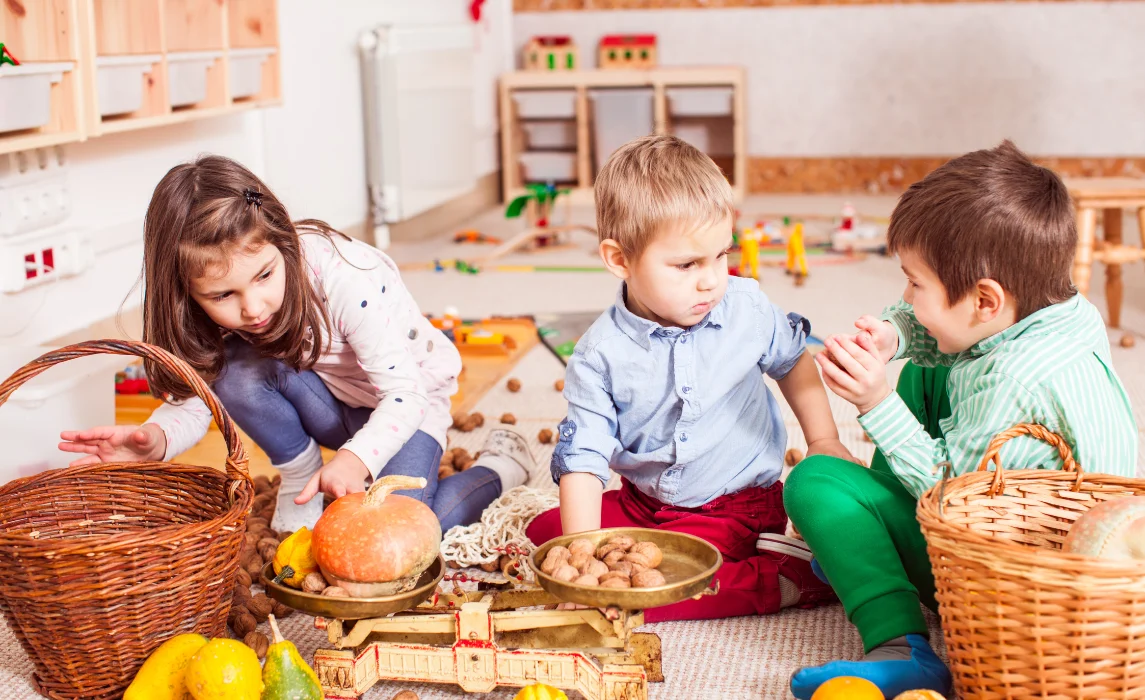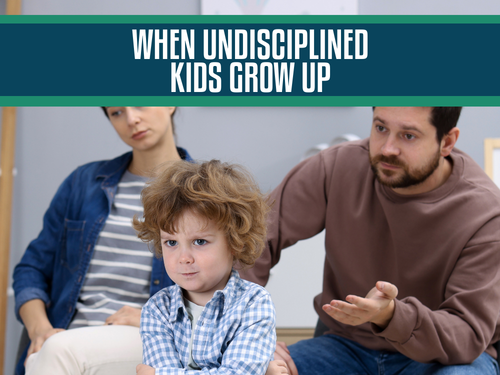8 Social Skills for Kids: Building Strong Connections from the Start

Yes—finger plays, clapping games, and dance routines that use hand gestures all help. Combine rhythm and repetition for deeper learning.
Send home simple activity ideas, kits, or worksheets. Offer short instructions and encourage family involvement. Regular practice builds lasting progress.
Try origami, sticker scenes, stringing pasta, or painting with Q-tips. Crafts that use small pieces build precision and control.
Strong social skills are the foundation of healthy relationships, effective communication, and emotional intelligence. For children, developing these abilities is essential—not just for making friends, but also for thriving in school, resolving conflicts, expressing themselves, and adapting to new environments.
While some kids develop these skills naturally, others need structured guidance. That’s where social skills activities, intentional parenting strategies, and real-life practice come in.
What Are Social Skills?
.webp)
Social skills refer to the behaviors and emotional competencies that allow individuals to interact effectively and appropriately with others. For kids, this includes everything from saying “thank you” and taking turns, to recognizing nonverbal cues and managing big emotions.
Some of the most important social skills for children include:
- Sharing and cooperation
- Active listening
- Empathy and compassion
- Following directions
- Patience and self-regulation
- Respecting personal boundaries
- Expressing needs and feelings appropriately
Why Social Skills Matter
Developing social skills early can positively impact a child’s:
- Academic success: Good communication and cooperation skills help children participate more actively in class and group projects.
- Self-confidence: Children who know how to navigate social situations feel more secure and independent.
- Emotional health: Kids who can express their feelings and relate to others are more likely to build strong, lasting relationships.
- Future readiness: Social competence prepares children for teamwork and leadership roles in adulthood.
For children with social difficulties—such as those with autism spectrum disorder—intentional skill-building is even more critical.
Practical Ways to Build Social Skills
.webp)
1. Normalize Mistakes
Teach kids that social missteps are part of learning. If a child interrupts or forgets to share, use it as a learning opportunity rather than a scolding moment. Reinforcing the idea that it’s okay to try again encourages resilience.
2. Model Empathy and Positivity
Children learn by example. Show them how you consider other people’s feelings, apologize, and offer help. Model empathy in everyday moments, such as comforting a sibling or thanking a store clerk.
3. Keep Instructions Simple
Young kids often struggle with multi-step directions. Break tasks into manageable parts, and ask them to repeat back what they heard. This builds both listening and executive functioning skills.
4. Respect Their Boundaries
Encouraging social growth doesn’t mean forcing kids into discomfort. If your child doesn’t want to share a special toy or give a hug, validate their right to say no. Teaching consent and boundaries is as important as teaching inclusion and cooperation.
Fun and Effective Social Skills Activities
.webp)
Hands-on, play-based activities are some of the most effective tools for teaching social skills. Here are a few favorites:
- Emotion Charades: Kids act out different feelings to help them recognize body language and facial expressions.
- Conversation Jenga: Each block has a question like “What’s your favorite holiday?”—perfect for getting shy kids to open up.
- Roll the Ball: Toddlers learn turn-taking, patience, and nonverbal cues in this simple yet powerful game.
- Thank You Notes: Writing a note to a teacher or friend teaches gratitude and thoughtfulness.
- Cooperative Obstacle Course: Teamwork-focused challenges require communication, trust, and mutual support.
- Play Pretend: Imaginative roleplay (like playing house, vet, or astronaut) helps kids experiment with different perspectives.
- Scavenger Hunts: Working together toward a shared goal strengthens group problem-solving and organization.
Encouraging Social Growth at Home
.webp)
You don’t need a classroom or a therapist to support your child’s social development. Try these everyday strategies:
- Dinner Table Debates: Choose light topics like “Which season is best?” to practice turn-taking and respectful disagreement.
- Check-Ins: Ask your child how they felt after a playdate or school day. Reflecting on social interactions builds self-awareness.
- Read Books About Friendship: Stories help children see social situations from different angles.
- Use Toys and Puppets: For younger children, roleplaying with stuffed animals or dolls can help externalize and practice tricky social dynamics.
You May Also Like: 15 Impulse Control Activities for Kids: Fun Ways to Build Self-Regulation
Helping Kids Who Struggle
.webp)
Some children may need extra support. If your child consistently has difficulty making friends, managing emotions, or understanding social cues, consider:
- Roleplaying difficult situations beforehand
- Visual social stories or cue cards
- Peer modeling through structured playgroups
- Seeking guidance from a therapist, especially for neurodivergent children
You May Also Like: 8 Powerful Benefits of Writing: Why Putting Pen to Paper Still Matters—Especially for Kids
The Bottom Line
.webp)
Social skills are not just about manners or making friends—they’re life skills that shape how children see themselves and relate to the world. By offering safe spaces to practice, encouraging empathy and expression, and modeling good behavior ourselves, we help raise kind, confident, and capable humans.
Whether it’s during a board game, a walk in the park, or a moment of conflict at home—every interaction is a chance to grow socially. And that growth doesn’t happen overnight. It comes with consistency, compassion, and a whole lot of practice.
You May Also Like: 5 Major Benefits of Hand-Eye Coordination: Why This Skill Matters More Than You Think




